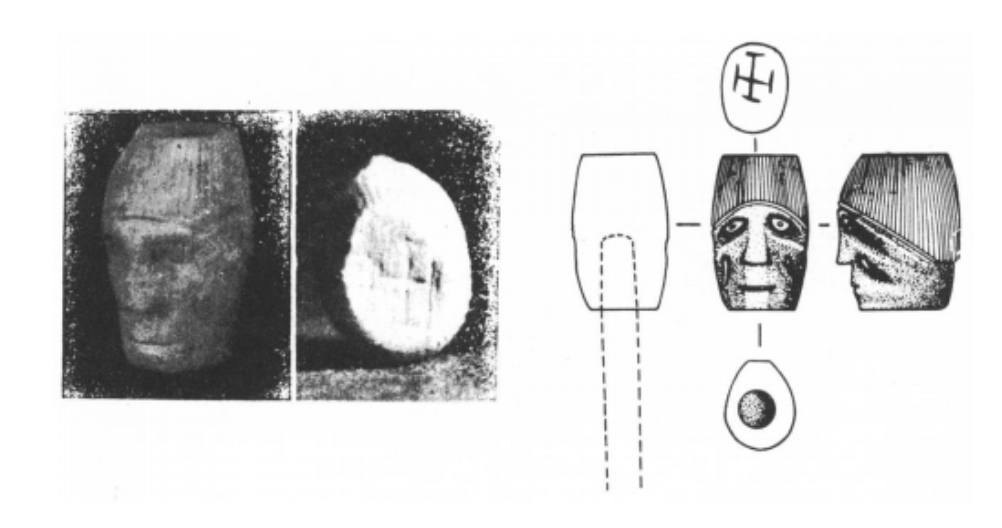But it looks like this Turkic word could in turn be borrowing as well...
"Son of Heaven and Son of God: Interactions among Ancient Asiatic Cultures regarding Sacral Kingship and Theophoric Names" by Sanping Chen
jstor.org/stable/25188290
The story starts with the Zhou people defeating Shang people and taking over China...Which happened in 1046 BC...
They were described by their enemies as "western barbarians". Who believed that "The gods don't accept sacrifices from the people who are not of their own race..." Which means that they saw themselves as different...
"Chosen people" worshiping the Sky God...
jstor.org/stable/23351579

Zhou themselves claimed that they descended from the inventor of agriculture, but that they had to abandon the agriculture "and live among the Barbarians (pastoralists, nomads) for 1000 years"...
During that time, the Zhou royal title "The son of heaven, the son of Sky God" spread out through Central Asia where it became a synonym for the Chinese (Zhou) emperor...
Rig-Veda exclaims:
"The wide-shining Dawn has been seen ascending to the sky, the path of the Eternal is full of rays; full of rays is the eye of Bhaga".
Bhaga was originally the eye of Sky god, Sun...
But then the process of the deification of the kings began in the area... The founder of the Parthian dynasty Aršak, was the first to be deified and to call himself "baga" god...
"Bagapuhr" = son of god
"Bagatur" = god given
And the expression "Boga dar" still means God's gift...
I don't know what to make of all this...












